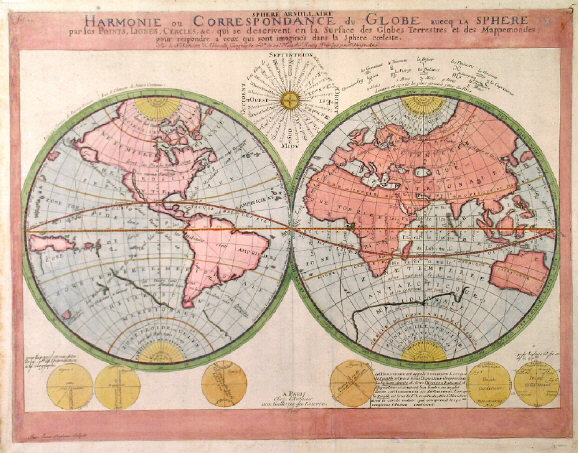If you buy and sell in the global markets, make the UN Convention on Contracts for the International Sale of Goods (CISG) your friend.

If your day job is like ours, it’s not off-the-wall for a longstanding client to call on a Friday afternoon with a question about a clause in a 10-year old contract under which the client, a U.S. widget manufacturer, is selling widgets to a Norwegian distributor. “No problem,” you think. And you tell her: “Let me look at the Uniform Commercial Code, preliminarily. We’ll start there, of course. I will call you back.”
Be careful there, fancy lawyer. Commercially, we live in a world that never sleeps. Every minute during these last 40 or so nervous months, deals are still struck and goods still change hands.
In cases of international sales of goods, the Uniform Commercial Code–or UCC, adopted by 49 states to create a standardized law for commercial transactions in the U.S.–is often preempted by the federally-adopted United Nations Convention on Contracts for the International Sale of Goods (1980) (often the “CISG”).
